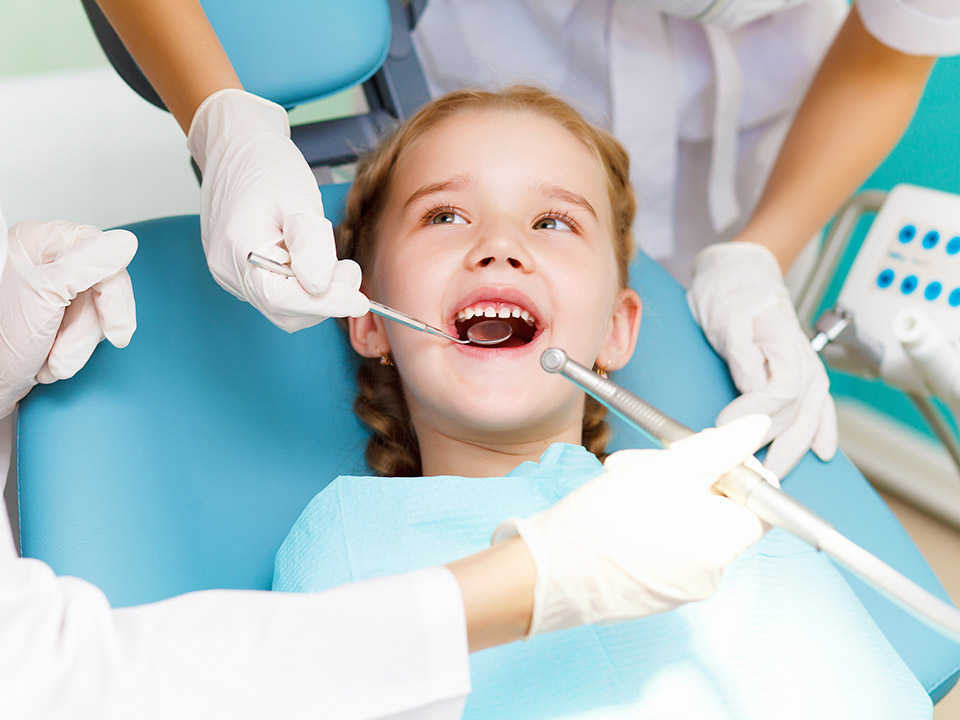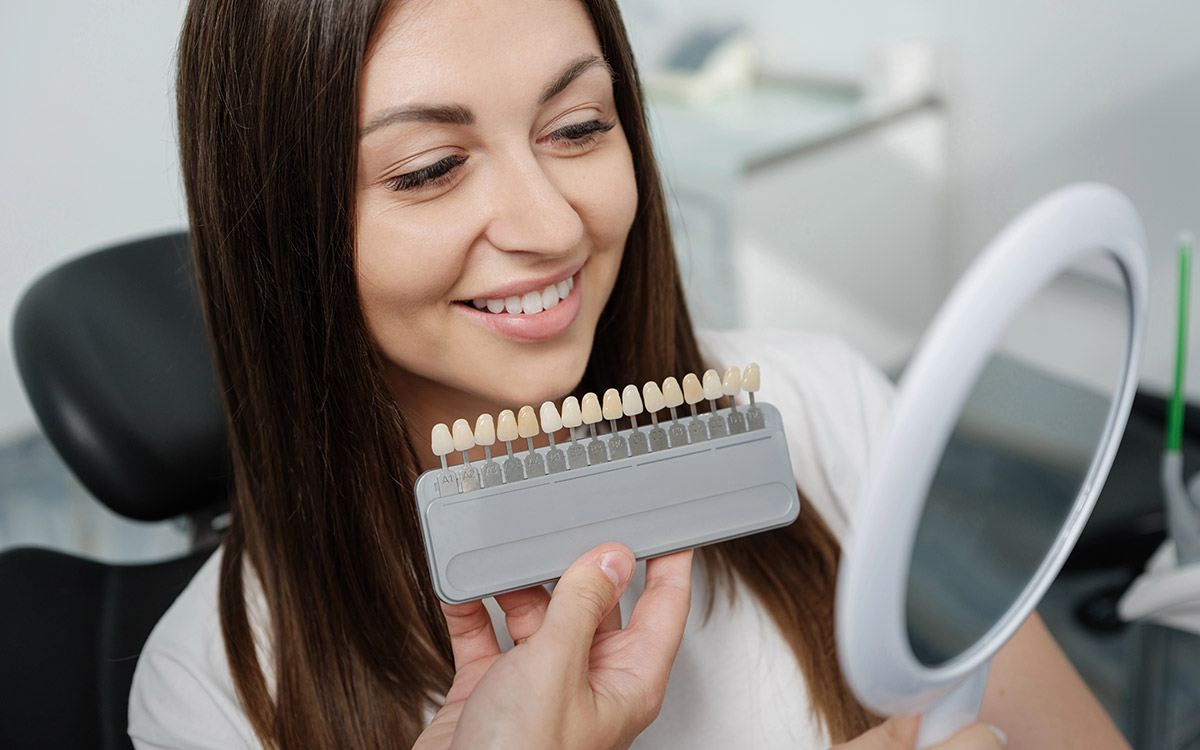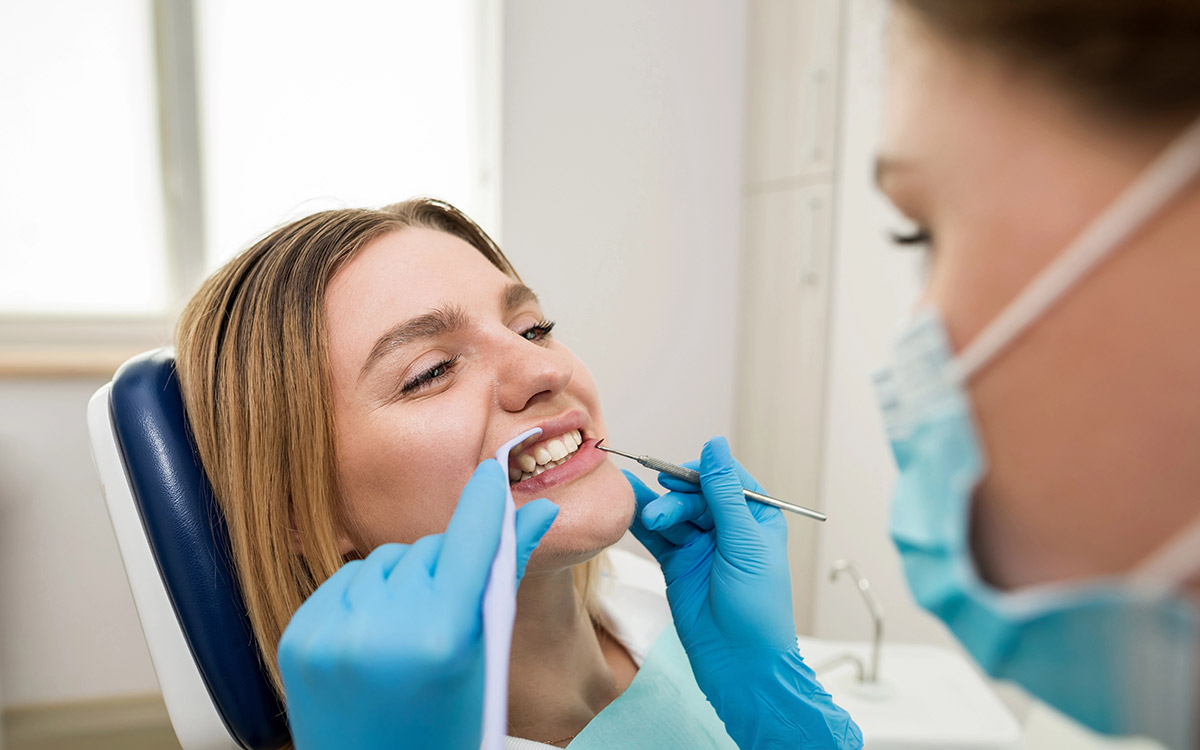Are you trying to find a solution for your child’s missing tooth? You may consider getting them a tooth implant to solve the problem.
We all know that accidents happen all the time, especially with kids. All the energy and playfulness can lead to a tooth getting chipped or, worse, knocked out. Dental implants are a perfect solution to replace missing teeth, but are they ideal for children?
This post will discuss dental implants and whether how effective they are at restoring kids’ missing or damaged teeth. Keep in mind that before making any dental decisions, you should always consult with your dentist first.
What Is A Tooth Implant?
Tooth implants or dental implants are an excellent way to replace missing or damaged teeth and restore your smile. The procedure is considered the safest and most predictable intervention for teeth replacement.
Dental implants are titanium screws that act as replacement tooth roots embedded into the jaw.
The implant is placed inside the jawbone during the procedure and fuses naturally to the bone. Once the root is set, it provides a foundation for fixing a removable or permanent tooth called a crown.
The implant also has a connector, also called an abutment. It is placed on top of the root to hold and support the crown. The crown is custom-made to align perfectly with the rest of your teeth.
Dental surgery is required to fit the implants into the gaps. The surgery is an outpatient procedure, and patients return home on the same day. The process takes about two hours for each implant to be placed.
However, after fitting the implant, dentists must wait about three months before the final tooth restoration.
Are Tooth Implants Safe for Children?
Though these improvements in dentistry were for the better, children were not meant to get tooth implants. The main reason the procedure is not recommended for kids is that implants are intended to be fitted in jaws that have stopped growing and developing. Let us look at why you should avoid dental implants in children.
Prevent proper jaw development
The oral structure in children is constantly changing and developing. This natural process can take a few years before it can eventually slow down and stop. Fitting dental implants too early can alter the growth of the jaw, leading to serious oral complications.
Prevent tooth eruption
In addition, teeth roots can naturally adjust themselves, bending and curving to create room for other erupting teeth and jaw development. On the other hand, an implant does not have a periodontal ligament, which can reduce the room for flexibility and prevent normal teeth from erupting.
Teeth misalignment
Dental implants make teeth difficult to move and grow freely. Since they are inserted straight into the jaw, any impairment to the jaw’s development and tooth eruption would lead to a periodontal misalignment.
Shifting dental implant
Lastly, there is a likelihood that the tooth implant might shift out of place. As the jaw develops, the implant might move and become crooked. It can also cause a lot of pain and suffering to the child.
It is also important to remember that most kids have not had their permanent teeth erupt during their early years. If you are patient enough, the missing teeth will most likely fill up after a few years, and intervention will not be needed.
What Is the Best Age for Getting A Dental Implant?
The American Academy of Implant Dentistry recommends that dental implants be only fitted to young adults after puberty. The standard guideline is that the minimum age for girls is at least 16 years, and for boys is at least 18 years.
The age difference is attributed to the fact that girls’ bones take a shorter time to develop than boys. During this time, it is assumed that the jaw will have fully developed, or at least getting a dental implant will not cause significant issues later in the future.
What Are the Alternatives to Getting Dental Implants?
If you are still worried about missing teeth, there are some suitable alternatives to explore that will restore your child’s smile. However, before making any decisions, talk to your pediatric dentist about the best intervention for the kid.
Here are a few options that can be well-suited for the child
1. Space Maintainers
Space maintainers are ideal for children who have just lost their baby teeth. Spacers leave enough room for permanent teeth to erupt and grow after a child prematurely loses baby teeth. Ideally, you can think of space maintainers like false teeth.
The devices are custom-made to fit the gaps between the teeth. Fixed and removable spacers are available depending on the needs of the child.
2. Braces
Additionally, braces are also another alternative to having dental implants. Though braces alone cannot replace the missing tooth, most orthodontists recommend using a false tooth, which is held in place by the braces.
After losing a tooth, the other teeth can gradually shift, trying to fill the space. Braces will prevent the teeth from shifting and create proper alignment around the missing tooth. This could also reduce the number of implants your child needs in the future.
3. Bridge
Thirdly, dental bridges are also ideal for replacing children’s missing teeth. The procedure involves attaching a bridge to the teeth on either side of the gap for support. There are two types of dental bridge procedures: fixed and resin-bonded.
A fixed bridge requires the oral surgeon to ground the crown of the two adjustment teeth near the gap. However, a resin-bonded bridge does not require any preparation and is attached to the adjacent teeth using dental cement.
4. Removable Partial Dentures
The last alternative is using removable dentures to fill in the gaps. Dentures are artificial teeth used to replace missing teeth and the surrounding tissue. In some cases, a metal framework can hold the dentures in place and prevent them from moving around or coming off.
Dentures are ideal because they fill in the spaces between the teeth and prevent other teeth from shifting position and getting misaligned.
In Conclusion
Getting dental implants for children is not a good idea. There are a lot of potential risks that can affect their oral health in the future. If you want a better way to restore that smile, schedule an appointment with our dentists today.







